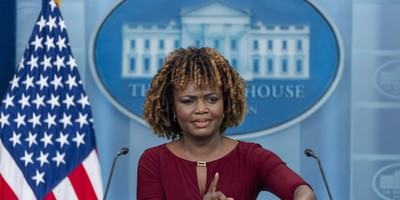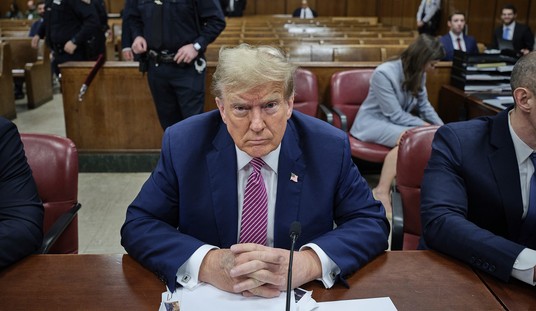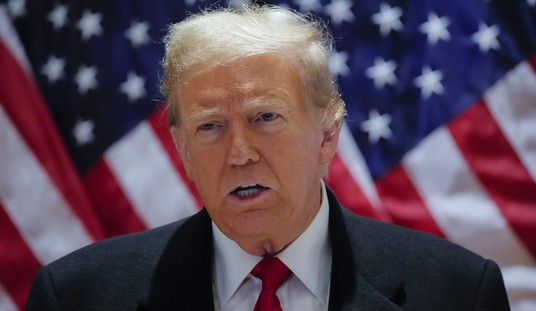It came in a letter from the attorney general to the Republican senator from Kentucky, which said: "It has come to my attention that you have now asked an additional question: 'Does the President have the authority to use a weaponized drone to kill an American not engaged in combat on American soil?' The answer to that question is no."
Until then, the two had been engaged in a dialogue of the deaf. On one side was Paul, suspecting President Barack Obama of seizing powers he has never used or asserted. On the other was the administration, obstinately insisting on secrecy and evading questions it could easily answer.
At the center of the struggle are armed drones -- unmanned aircraft that have been used to target alleged terrorists abroad. Many civil libertarians treat them as though they were unlike any weapon known to humanity, with unique and boundless dangers.
In fact, the chief difference between them and missiles fired from an F-16 is they are more precise and less likely to kill innocents. Those traits have made them the administration's weapon of choice for suspected Taliban and al-Qaida operatives in Afghanistan, Pakistan, Yemen and beyond.
The scope of the battlefield in the war on terrorism is an important question, which Congress has been reluctant to consider. Consequently, the president has had the freedom to attack purported enemies wherever he chooses.
The problem is not that these jihadists are innocent. It's that the president should not have unlimited authority to decide with whom we are at war. A declaration of war on China would not authorize an invasion of Brazil.
Recommended
But most drone critics have different concerns. The first is that the president used this weapon to kill Anwar al-Awlaki, a U.S. citizen in Yemen whom it suspected of plotting attacks against the United States.
The second, however, is what riles Paul: the ghastly prospect that a drone would incinerate an American within our borders. "No American should be killed by a drone on American soil without first being charged with a crime, without first being found to be guilty by a court," he declared. "That Americans could be killed in a cafe in San Francisco or in a restaurant in Houston or at their home in Bowling Green, Ky., is an abomination."
Well, maybe, and maybe not. As a rule, people should not be killed by the government without a trial -- yet police often kill criminal suspects they believe pose a danger to them or others, simply because there is no good alternative. Paul, however, fears Obama will blow up Americans at home just for the heck of it.
In conjuring this scenario, the senator ignored the limits the Justice Department has imposed. The target must be a "senior operational leader of al-Qaida" and present a genuine threat of attack -- but he can't be killed unless "capture is infeasible." A terrorist savoring a burger at T.G.I. Friday's can be captured, making Paul's objections somewhat beside the point. Awlaki is the only American Obama is known to have targeted for a drone attack.
The administration could have defused the issue by explaining that American terrorists in America would be killed only if they pose an urgent peril that can't be eliminated any other way. On Sept. 11, 2001, fighter jets were scrambled to intercept hijacked airliners. Would it matter if they had been drones?
Yet for years, Obama's aides declined to explain the policy or concede any sliver of executive power. The Justice Department didn't release its white paper on the drone policy until it was leaked. It's still withholding other important material from the Senate Judiciary Committee.
Asked whether the administration could legally carry out strikes in the U.S., incoming CIA Director John Brennan replied that it had no intention of doing so. Asked whether it would be constitutional to kill an American "sitting in a cafe" on U.S. soil, Holder allowed that it would not be "appropriate."
Sen. Ted Cruz, R-Texas, had to use slip-joint pliers to extract an acknowledgment that the answer was "no." In his letter to Paul, Holder reiterated the point.
In the end, the Kentucky senator's alarmism may not have been realistic or justified. But you can't say it wasn't useful.

























Join the conversation as a VIP Member